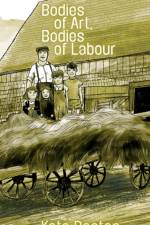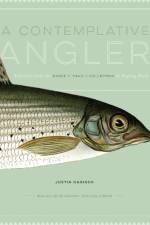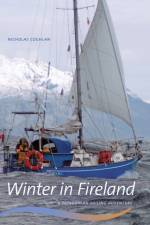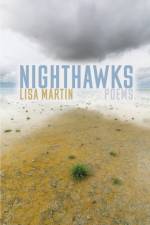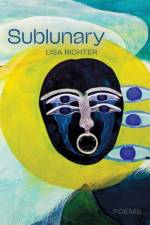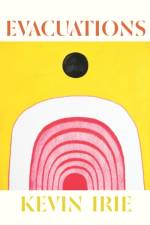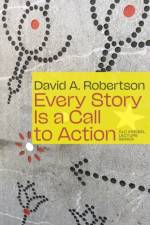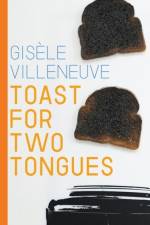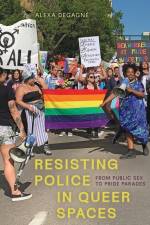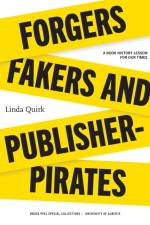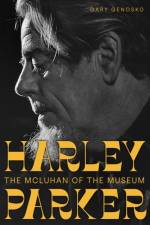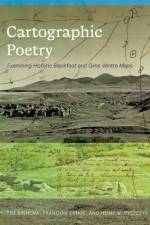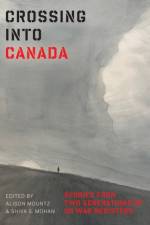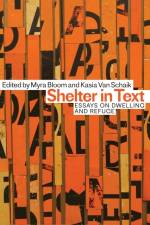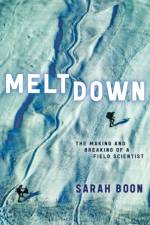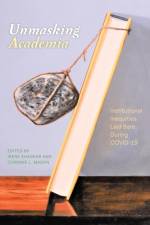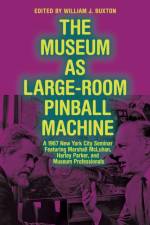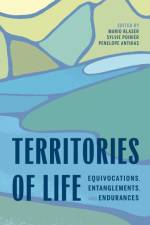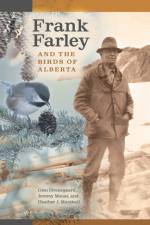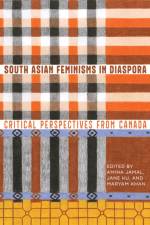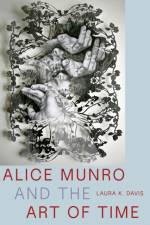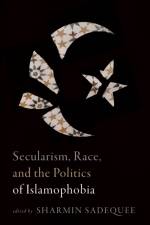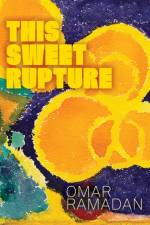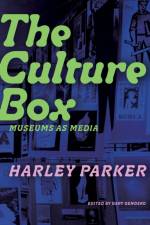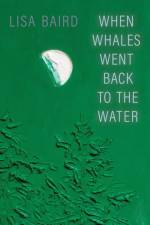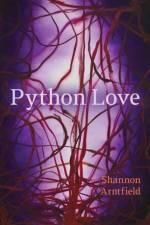av Kate Beaton
187
Bodies of Art, Bodies of Labour by Kate Beaton, award-winning author of Ducks: Two Years in the Oil Sands and Hark! A Vagrant, explores connections between class, literature, and art from Cape Breton Island. In this thought-provoking book, Beaton addresses the often overlooked impact of class on the Canadian arts scene. The book highlights the reality that people from poor or working-class backgrounds face significant barriers to becoming artists, limiting their ability to share their stories and contribute to the collective culture. This lack of representation in art, music, and literature can empower or stereotype, edify or diminish, or worse, erase entire communities. Beaton emphasizes that if working-class and poor people do not write themselves into stories, others will, often with damaging results. Drawing on examples from work published about Cape Breton, Beaton sheds light on the portrayal of working-class lives. She juxtaposes this with her personal experiences, her family's stories, and the inspiring work of other Cape Bretoners. Despite economic hardships, her community has long valued and created art: art for no money, for each other, for themselves, for memory, for joy. Bodies of Art, Bodies of Labour thoughtfully examines personal and working class legacies, celebrating the authenticity and power of truly seeing ourselves and each other in the art that we create.With an introduction by Julie Rak.

